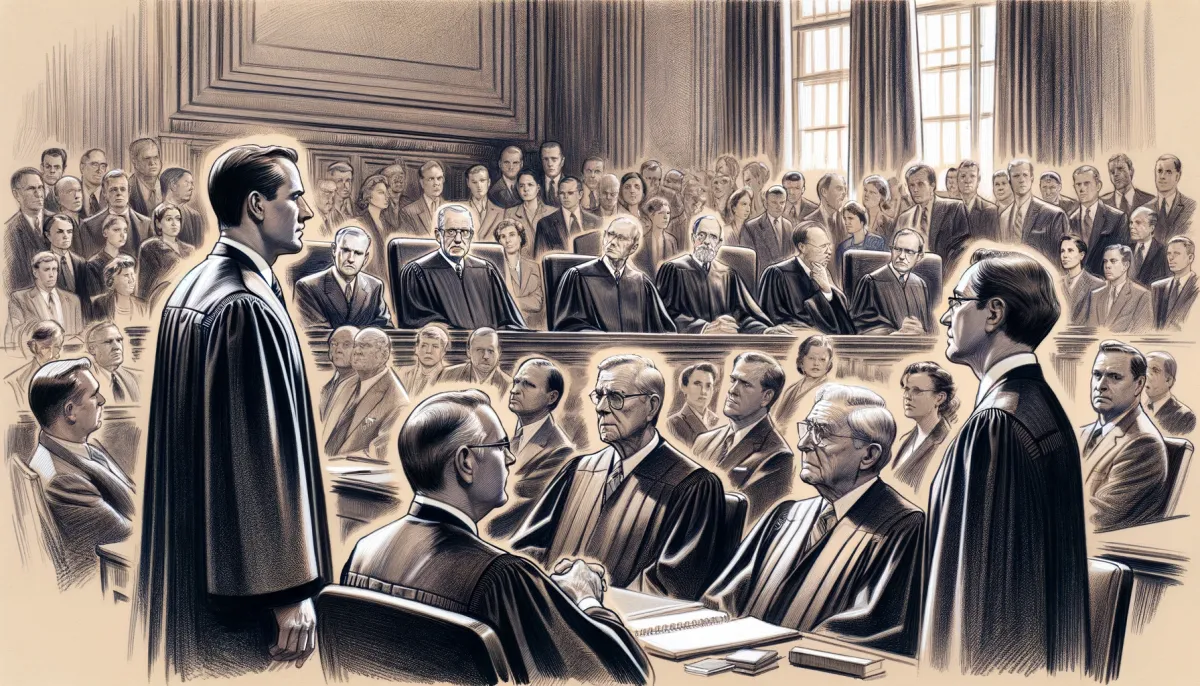Case Digest on Groff v. DeJoy, Postmaster General

The Supreme Court clarified the standards for religious accommodations under Title VII of the Civil Rights Act, holding that an employer must demonstrate that accommodating an employee's religious practices would result in "substantial increased costs" to the business, moving beyond the previous "de minimis cost" standard.
Introduction:
This case involves Gerald Groff, an Evangelical Christian, who contested his employer's (USPS) requirement for Sunday work, conflicting with his religious observance. The case revisits and clarifies the interpretation of "undue hardship" for religious accommodations in the workplace.
Facts of the Case:
Gerald Groff, due to his religious beliefs, refused Sunday work which became a requirement at his USPS job due to a contract with Amazon for Sunday deliveries. After being subjected to disciplinary actions and eventual resignation, Groff sued USPS under Title VII for not accommodating his religious practices.
Issue of the Case:
The Supreme Court was asked to determine the extent of an employer's obligation under Title VII to accommodate an employee's religious practices, and whether the "de minimis cost" standard set in Trans World Airlines, Inc. v. Hardison was adequate.
Ruling of the Case:
The Court held that the "de minimis cost" standard is insufficient, and an employer must show that accommodating an employee's religious practice would result in "substantial increased costs" relative to the business operations.
Impact on the Legal System:
The ruling elevates the threshold for what constitutes an "undue hardship" for employers, potentially broadening the scope of religious accommodations employers must provide, affecting numerous employment and discrimination law practices.
Conclusion:
Groff v. DeJoy marks a significant development in employment law, emphasizing the need for employers to more seriously consider and potentially accommodate religious practices of employees unless doing so imposes substantial operational costs.

